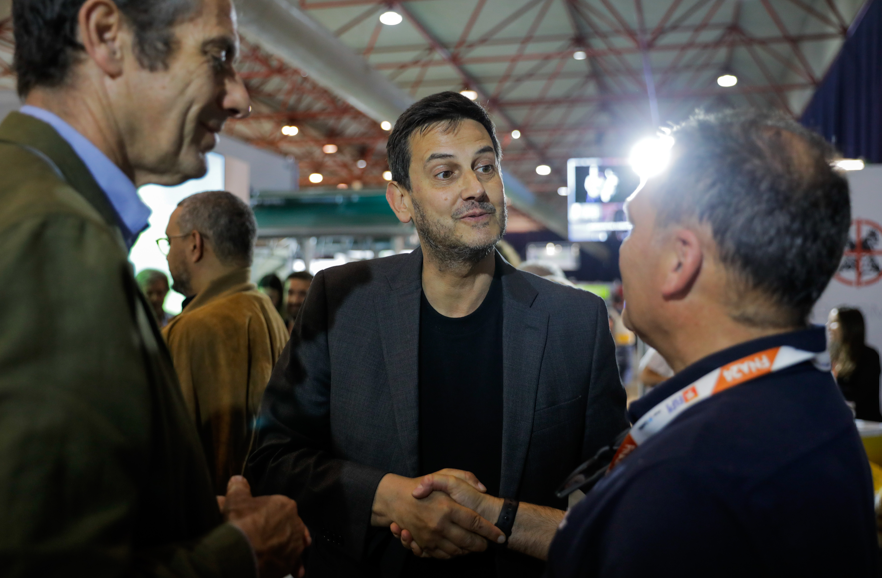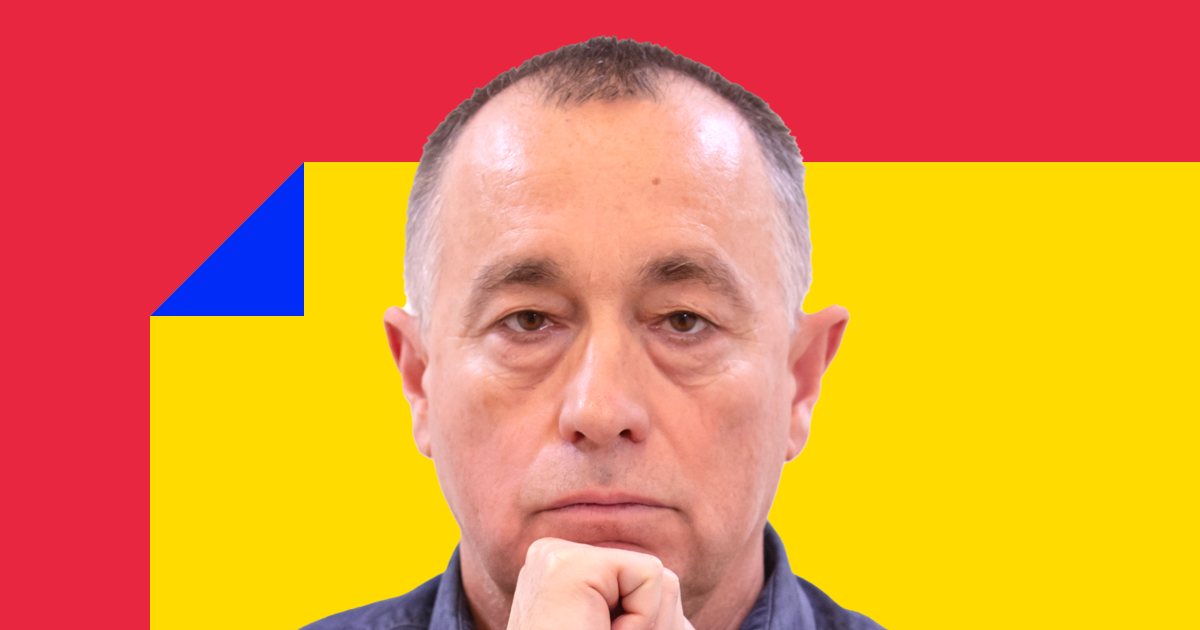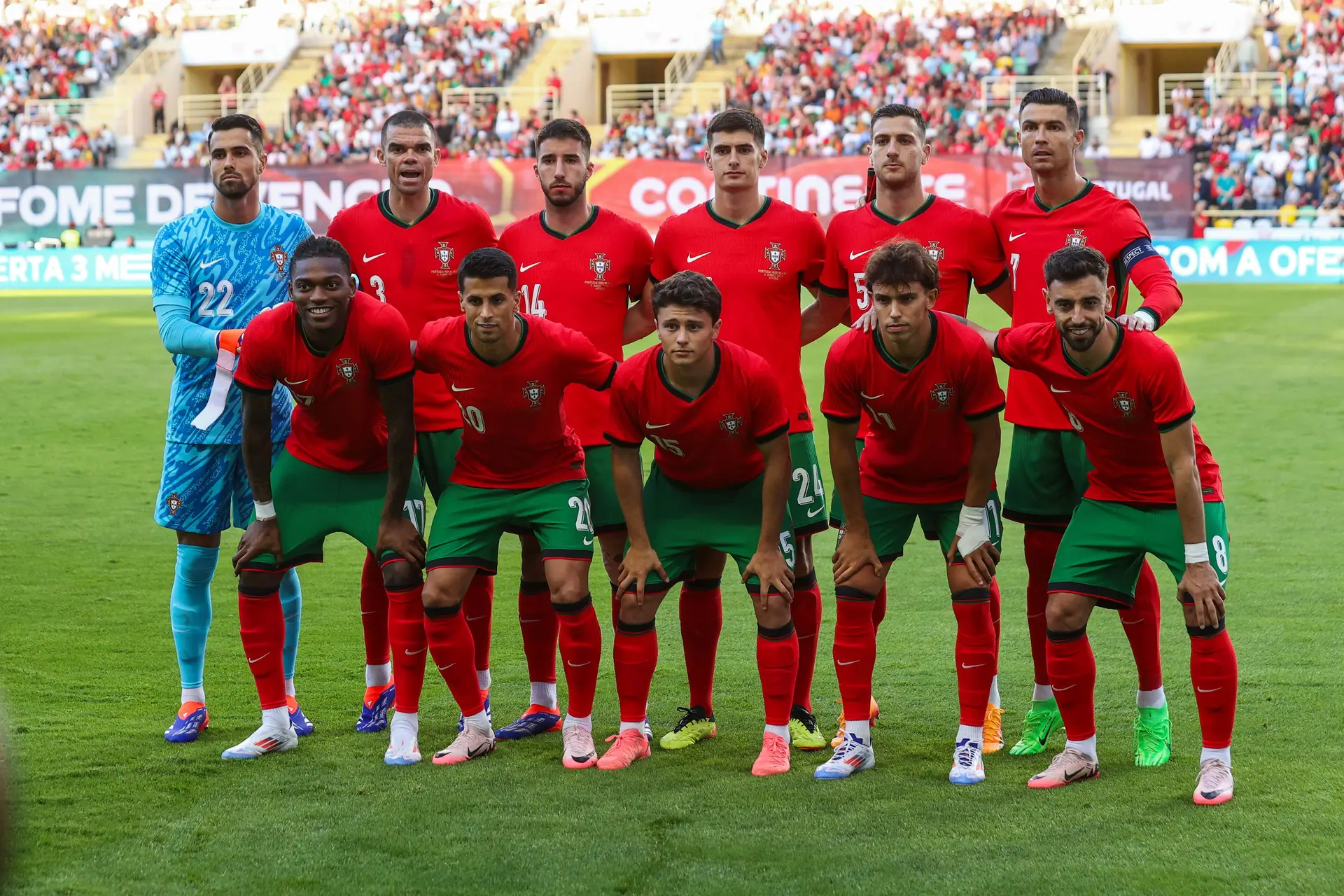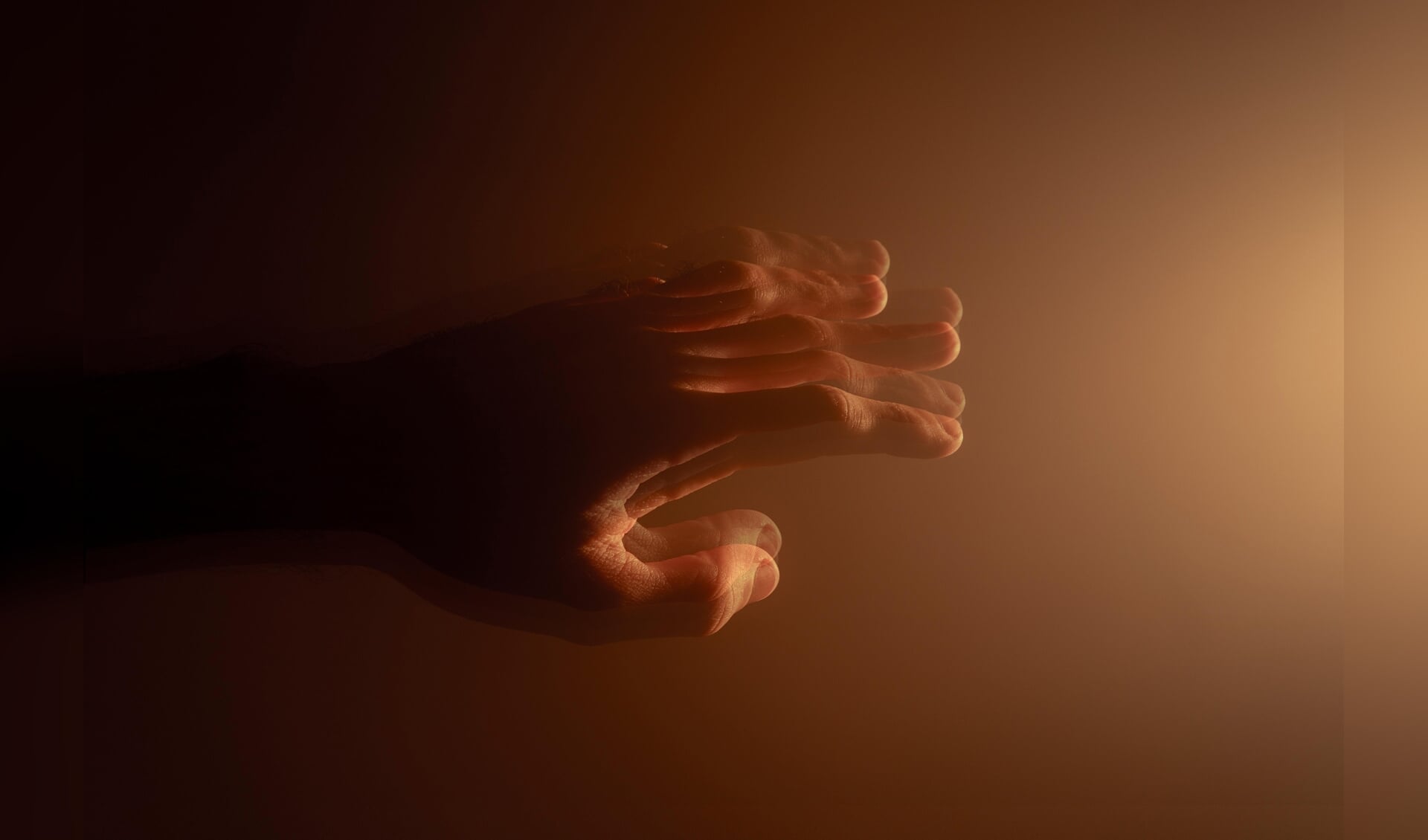#Delphi #audiences #favorite #Vadims #Dmitrievs
This summer, from July 3rd to 6th, the international jazz festival “Rīgas Ritmi” will take place, where alongside the concerts of foreign musicians there will also be performances by Latvian artists.
We ask the artists of this year’s festival to answer ten simple and difficult questions of the “Rīgas Ritmu” jazz survey. This time, the trombonist and author of dynamic jazz compositions, Vadims Dmitrievs, who recently received the “Delphi” audience sympathy award at the Great Music Award ceremony, answers. He is a former member of the Latvian Radio big band and the European Radio jazz orchestra, who has gained popularity both at home and abroad with his original music. Vadim’s music has already been presented at several international jazz festivals, such as Aarhus Jazz Festival, Groningen Jazz Festival and “Elbjazz”. At the “Rīgas Ritmi” festival, he will perform together with his jazz friends on July 6 at 7 p.m. on the “Jersika Stage” in the “Noass” art center.
What is jazz in your life and how did you get into it?
In my life, jazz is a lifestyle. It is not just a genre of music, but something much bigger. It is the freedom to live, love, accept and see the world through the eyes of an artist, the freedom to improvise, express and be an artist in everything I do, how I dress, how I communicate and, of course, all this is reflected in my music.
Do you have any idea where jazz is really going?
Jazz mixes with everything in turn. Each artist takes an element of jazz and combines it with other elements that appeal to them. That’s why jazz is very flexible. It has always been like that. Combined with other forms of art – with dance, with cinema, with visual art and design, also with the art of photography, as we see it in the albums produced by Rudy van Gelder on the “Blue Note” label. We often like to think of jazz as a purely musical expression, but in my opinion, it is a combination of specific ideas that are reflected not only in music, but also in all other forms of art. Therefore, it will always exist. Always a little different, but the ideas will be alive. And they are connected with equality, with the right of every person to exist, think, love, learn and dream. Freedom to live.
Photo: Patriks Pauls Briķis/DELFI
Is there such a Latvian jazz sound?
The Latvian jazz sound is and is different from the global one we are already used to. As Ivars Harutyunyan once told me, our jazz is very melodic thanks to the folk music culture. The strict censorship of the USSR during the periods of occupation forced musicians to look for different ways to express themselves. One such means of expression was avant-garde style music, which is still very attractive to many musicians and composers of the Baltic region. Once upon a time, it was a way to hide ideas about freedom, national identity and equality that the ruling power did not like under the template of modern art. I would say that the combination of these two means of expression is how I would describe Latvian jazz – melodiousness and chaotic freedom. We already saw it in the music of Raubiško and Rosenberg, we see it even today, for example, in the music of the band “Lupa”, where electronic music overtones are also mixed in.
What’s the best thing to expect from a jazz concert?
The best thing you can expect from a jazz concert is a sense of unity. When musicians and their music overwhelm the audience so much that everyone feels united. But music is only one of the details that can create such a feeling. An artist’s truth and ideas, often political, are what help people unite.
How to achieve the feeling of free flight on stage?
Achieving the feeling of free flight on stage is very easy, you just have to let the music go. You have to forget about the mind, about experiences. You just have to rely on yourself and the musicians around you. BUT! In my experience, I have realized that when you fly freely in the music, there is a much greater risk of “flying into the wall” in improvisation. You can forget about your physical abilities and accidentally play something you didn’t want to. So I don’t even know how important that feeling really is. As the musician learns more and more, he is able to regulate those moments more and get a similar feeling, while still keeping a cool head.
Is it always easy for you to throw yourself into the vortex of jazz playing and is it always easy to get out of it and back into the real world?
The older I get, the easier it is to get back into the real world. In the past, the jazz vortex was like a trance, a meditative state for me. I was also a bit addicted to it because it was a way to get away from this world and its problems. From uncertainty and complexes. Now I am more and more accepting of myself, so there is much less uncertainty. Accordingly, the need to be in that jazz vortex meditation also disappeared. Now I already trust myself and my knowledge, I like to use it more than I allow myself to be overwhelmed by emotions. Listeners don’t always want to hear uncontrollable explosions of emotions, but they are also needed now and then.
Photo: Oleg Zernovs
What is the strangest thing that has happened to you while performing?
I have often been unlucky with health problems, I have struggled with stomach aches almost my whole life. Accordingly, there have been moments when I can’t get up, I sleep in the backstage room before the concert, often with an elevated temperature. However, the moment of the concert comes, I wake up, go on stage and a miracle happens – nothing hurts anymore and I feel healthy on stage! I can even jump and feel joyful. Then the concert ends, I leave the stage and the pain takes over my body again. So, here is the little musical miracle in my life.
Who would you like to record an album with or at least jam with?
There are a lot of such people. The older I get, the more I want to produce music, and every song has its perfect soloist for whom it’s meant to be. After a recent trip to Georgia, I would really like to write a song for Nino Katamadze and her band. I got to know Katamadze’s music thanks to her band’s pianist Papun Sharikadze, with whom I played in Tbilisi jazz clubs. That’s how the music got me. I am also slowly getting closer to my dream of writing a program for the Latvian Radio big band. I write more and more big band music and recently presented my original work with this line-up for the first time at the Grand Music Awards ceremony.
Where do you get inspiration for creating new music?
Music comes to me from everywhere. Sometimes the sound or arrangement of a song inspires me. Sometimes – emotions and the emotional state I’m in. Stories, places and people inspire. It’s such a magical process. The key is to allow yourself to express yourself. I occasionally talk to myself in free improvisation. And then, as producer Rick Rubin says, “making music is like fishing – you can’t really go fishing and say, ‘I’m going to catch ten fish today and they’re going to be like this.'” You go, hope and wait. If it doesn’t work out, you’ll come tomorrow and do the same, as long as you expect something worthwhile.
With what will you please or surprise the visitors of the “Rīgas Ritmi” festival this July?
I will perform my original music at the concert. Originally I wanted to bring my jazz quintet from Germany, but now I have some ideas of what else to invite. In any case, the original music will be guaranteed!
Photo: Oleg Zernovs
In this year’s festival “Rīgas Ritmi” from July 3 to 6, parallel to the concerts of foreign musicians in the garden of the Riga Cathedral, there will also be performances by Latvian musicians in the “Riga Jazz Lounge” at the hotel “Radisson Blu Latvija”, “Fenikss Lounge” at the hotel “Aston Hotel Riga” and ” Jersika Stage” in the art center “Noass”. Matīsa Žilinska’s trio, Julia Zakirova’s quartet, Elizabeta Lāce’s trio, Ella Zīriņa’s trio, “Third Stream Quartet”, Vadim Dmitrijev’s quintet, Reinis Jaunais with Erna Daugavieti and Klāvas Ābola’s quintet will perform on these stages.
“Delphi” also follows Instagram or YouTube in the profile – join to find out the most important and interesting things first! The content of the publication or any part of it is a protected copyright object in the sense of the Copyright Law, and its use without the permission of the publisher is prohibited. Read more here








:strip_icc()/i.s3.glbimg.com/v1/AUTH_59edd422c0c84a879bd37670ae4f538a/internal_photos/bs/2024/K/H/Vj0t0TToulsiZ7ye2REA/www.instagram.com-p-c8pmdmxufip-2-.png)
